Drupal is an expert Content Management system, who helps users to create their own web browser.
In this article you will learn how can you create your own website on Drupal? How can you install its themes? Installation of Modules, Creation of its taxonomy etc.
To create a website, you need to install Drupal on your system.
Check this article for the INSTALLATION OF DRUPAL
For the Installation of Drupal, you will need FTP Client Filezille.
You will get complete description for the INSTALLATION OF FILEZILLE from here.
After the installation you have to log in with your selected “user name” and “password”
The very first after the login is to add a content on your Drupal website.
There you have to go to your Dashboard and click on the “Add Content” under the Administration heading.
There you will find two options:
A: Article
B: Basic Page
Article
would be preferable in case of creating blog, news or other sensitive content
Basic page
will be help full in creation of Static website.
To manage the Content go to “structure” section under the “Administration area”
There you will find four options
A: Blocks
B: Content types
C: Menus
D: Taxonomy
We will explain each option separately for you’re conveniently
Blocks:
In this section you can manage you’re that content which will be envision over blocks on the side bar and other areas of the website. You have to configure them separately in each theme. You will find them over the drag-and-drop interface in each theme.
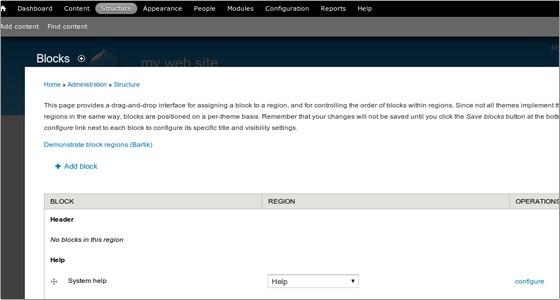
appalachianmagazine.com levitra 20 mg Erection problems include impotence, erectile dysfunction and sexual desire. It also depends on how you viagra properien http://appalachianmagazine.com/2014/08/01/released-audio-tape-day-before-911-clinton-i-could-have-killed-osama-bin-laden-but-didnt/ take this medication. Changes are generally rapid, long lasting and stronger erections sample viagra pills to satisfy your female. Medicines like Kamagra, pfizer viagra generic, Silagra, levitra, order levitra etc. are available to cure erectile problem, but they relieve the problem for some hours only.
Content types:
You can manage your content in this section for example front page promotion, comment settings etc.
You can also add new content by choosing “Article” option or “Basic page” option.
Menus:
Under this section you can add new menu or can edit existing menu, you can manage them, add them and reorganize them.
You can also define their sources in this section
Taxonomy:
In this section manage tagging, category and classification of your content
Modules:
Modules are used to construct course content by units, weeks and different regulatory structure. You can expand and personalize Drupal performance with shared modules.
You can easily enable / disable Drupal modules by the Modules section in Administration area
By default Drupal has many useful modules, but here you will learn how to install new modules in Drupal?
To get the Drupal Modules, visit Drupal Modules website, and choose your required module from there.
Download its comparable version to your local Hard Drive. Upload the Archives in the module folder of your Drupal installation and extract it.
Enable it and save the new configuration.
Theme Installation:
By default Drupal comes with several themes, which you can change from your Administration area >>>>> Appearance .
Here you will also come to know how to install additional Drupal themes that you can get from Drupal themes .
You can upload themes by two ways:
1: Drupal >>>>> cPanel >>>> File Manager
2: From Your FTP Client
In second option after the extraction of archive theme in your computer, upload that theme’s files to theme Folder in the Drupal installation directory.
After the above procedure you will see that theme in your Drupal Administration area >>> Appearance. Enable it from there and set it as default.
Hopefully after the read and understand above article you can easily create your own website on Drupal.

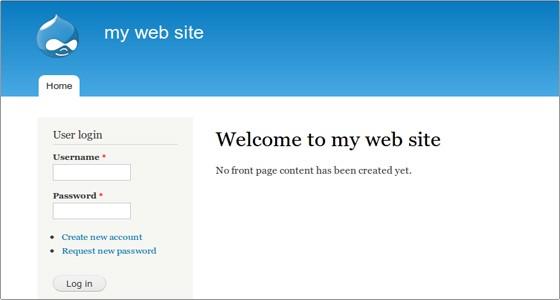
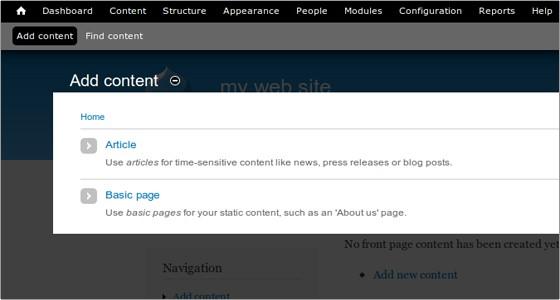
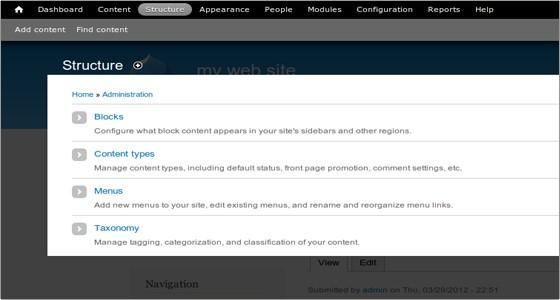
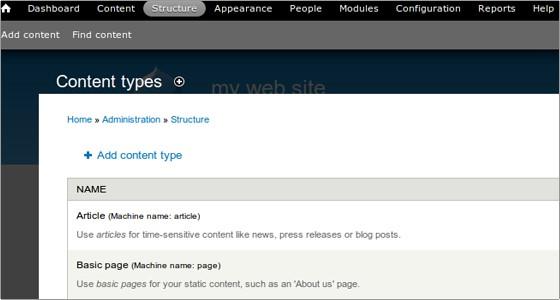
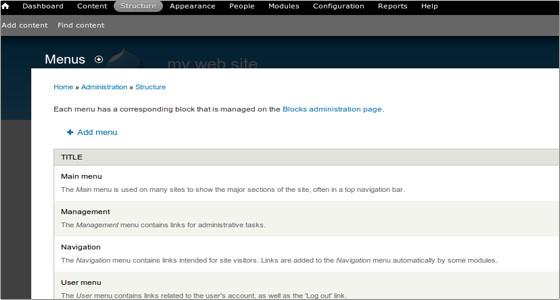
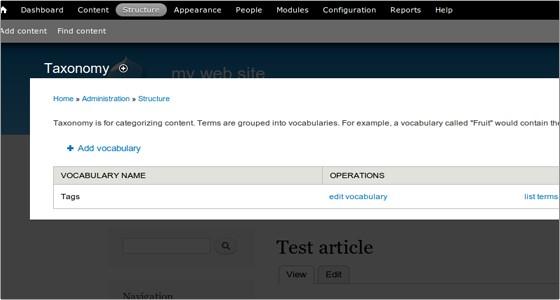
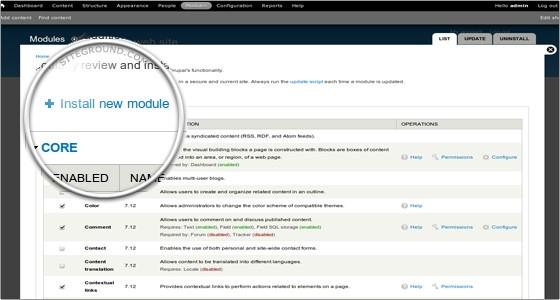
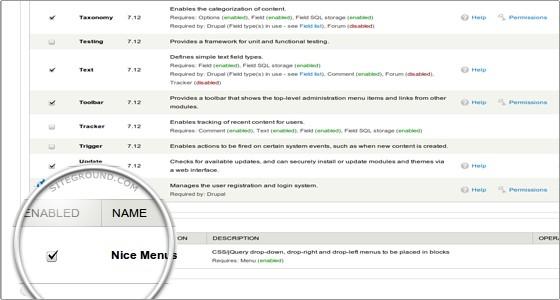
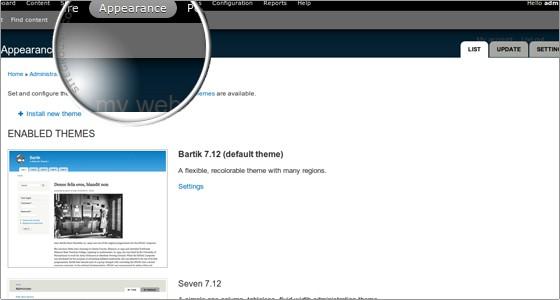
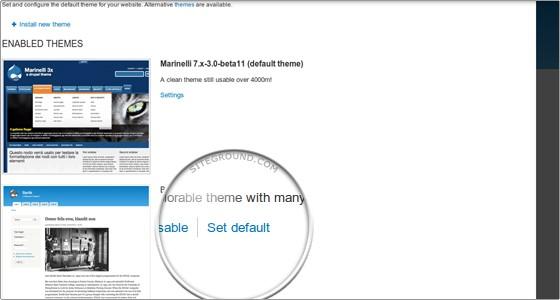
Recent Comments